This website uses cookies so that we can provide you with the best user experience possible. Cookie information is stored in your browser and performs functions such as recognising you when you return to our website and helping our team to understand which sections of the website you find most interesting and useful.
Former Natzweiler concentration camp and its satellite camps
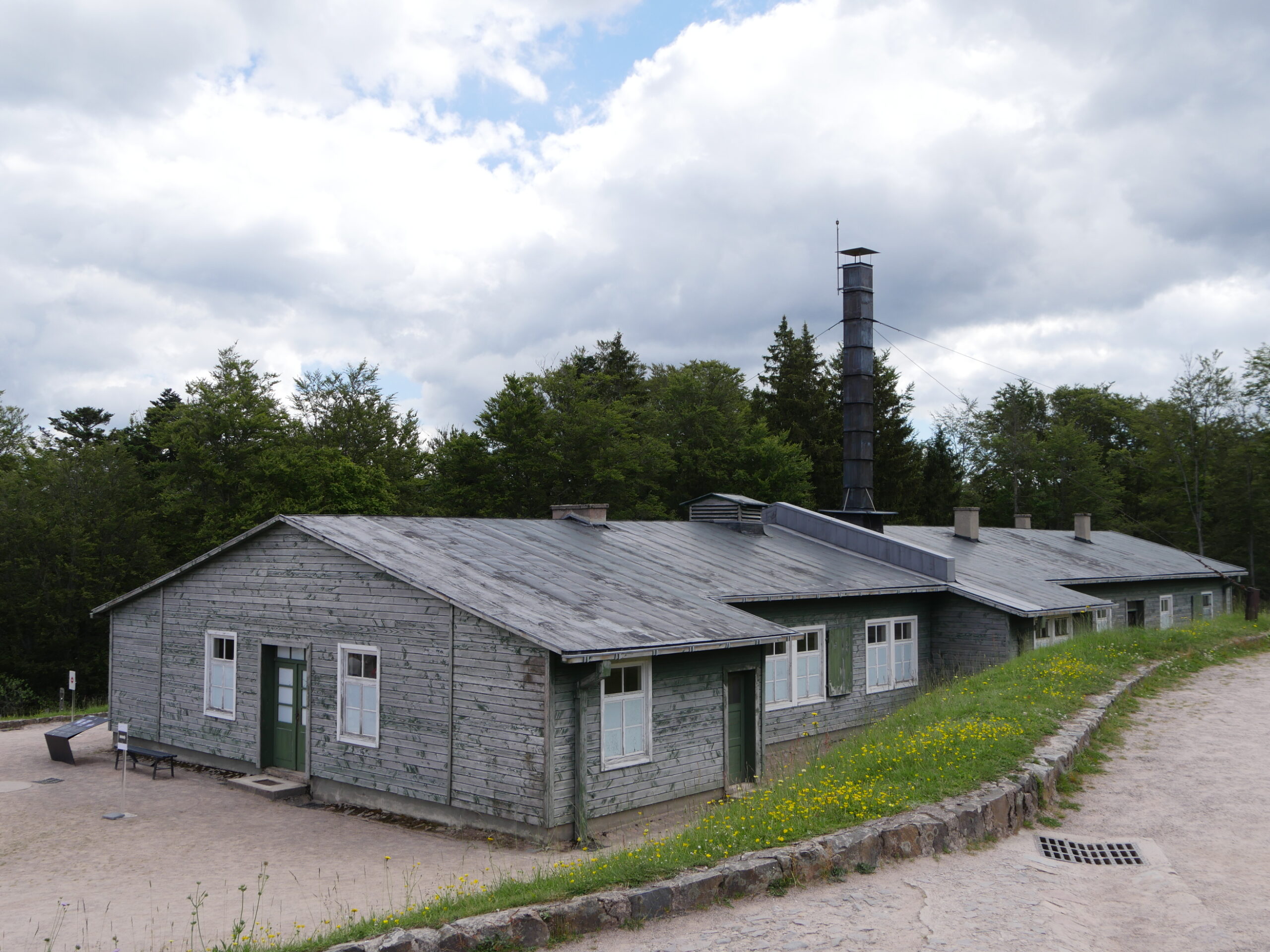

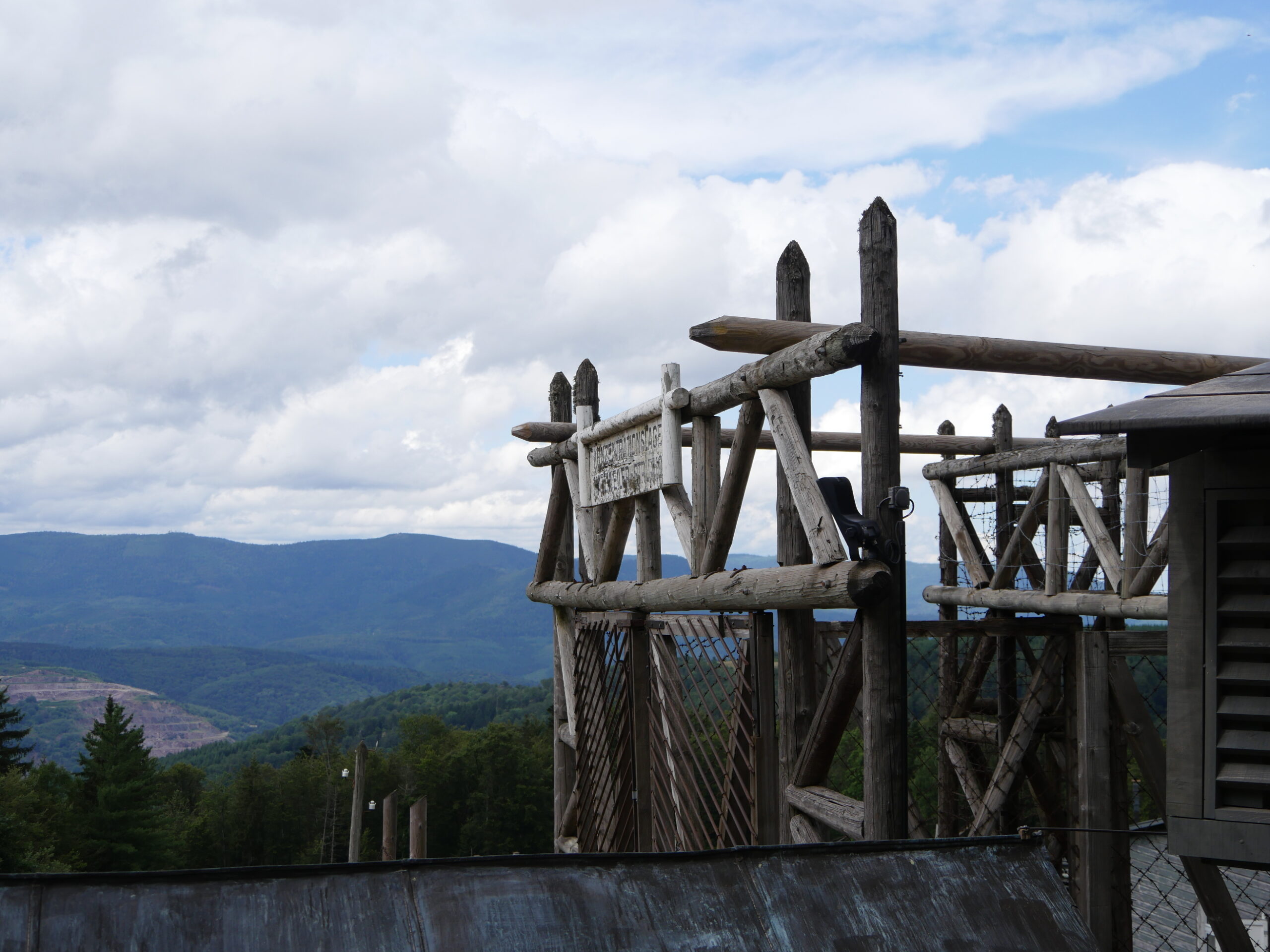

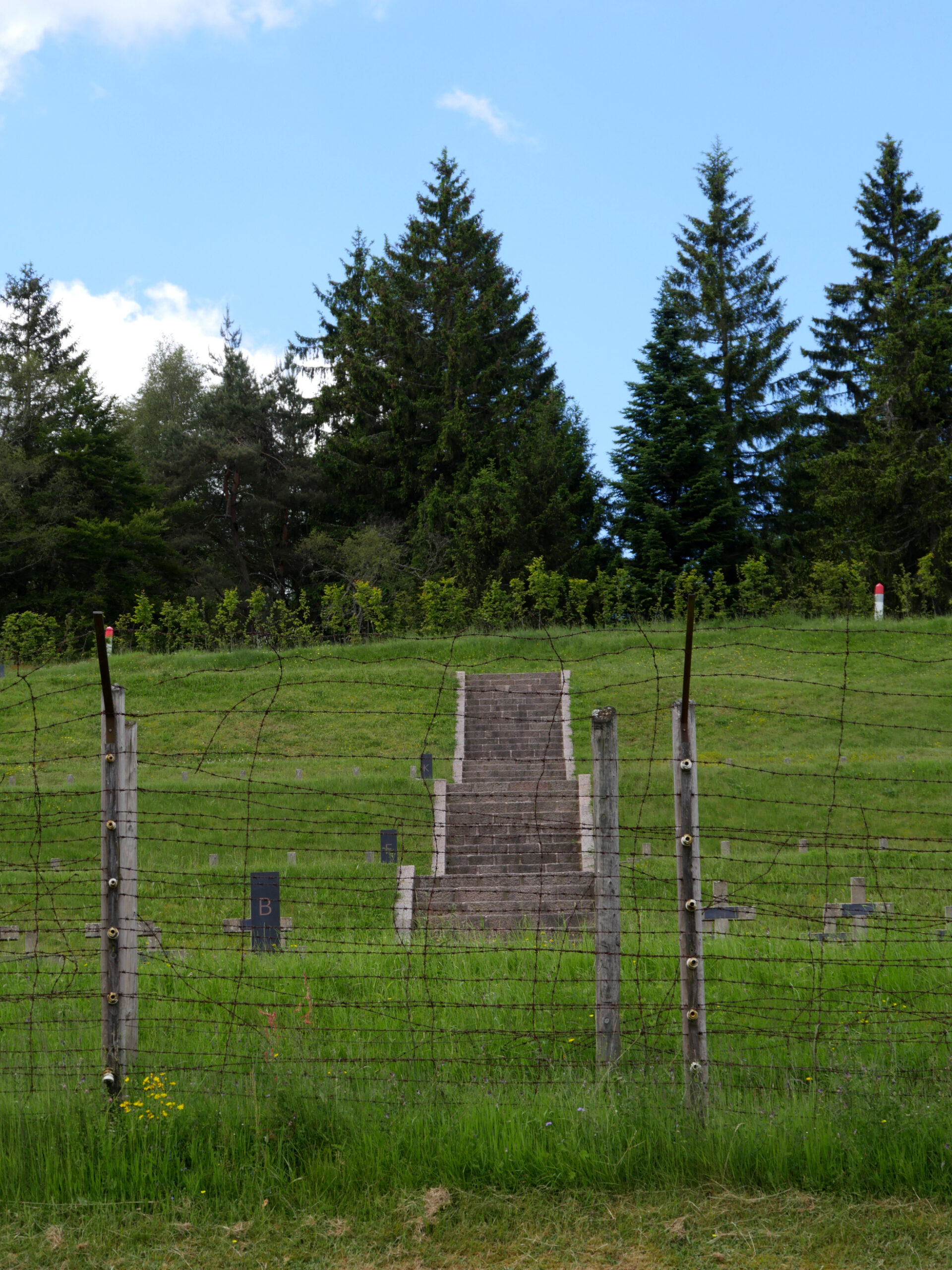
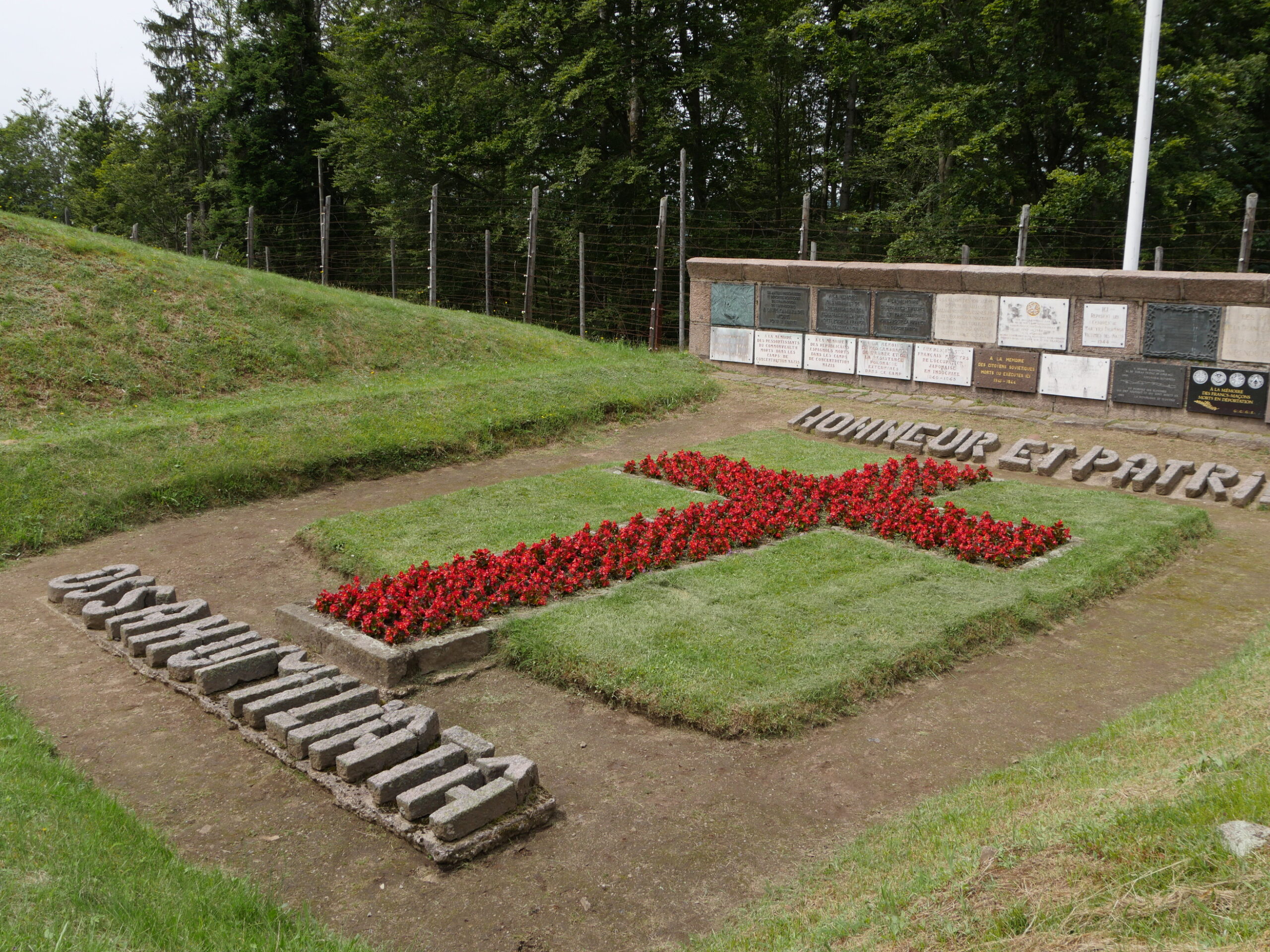
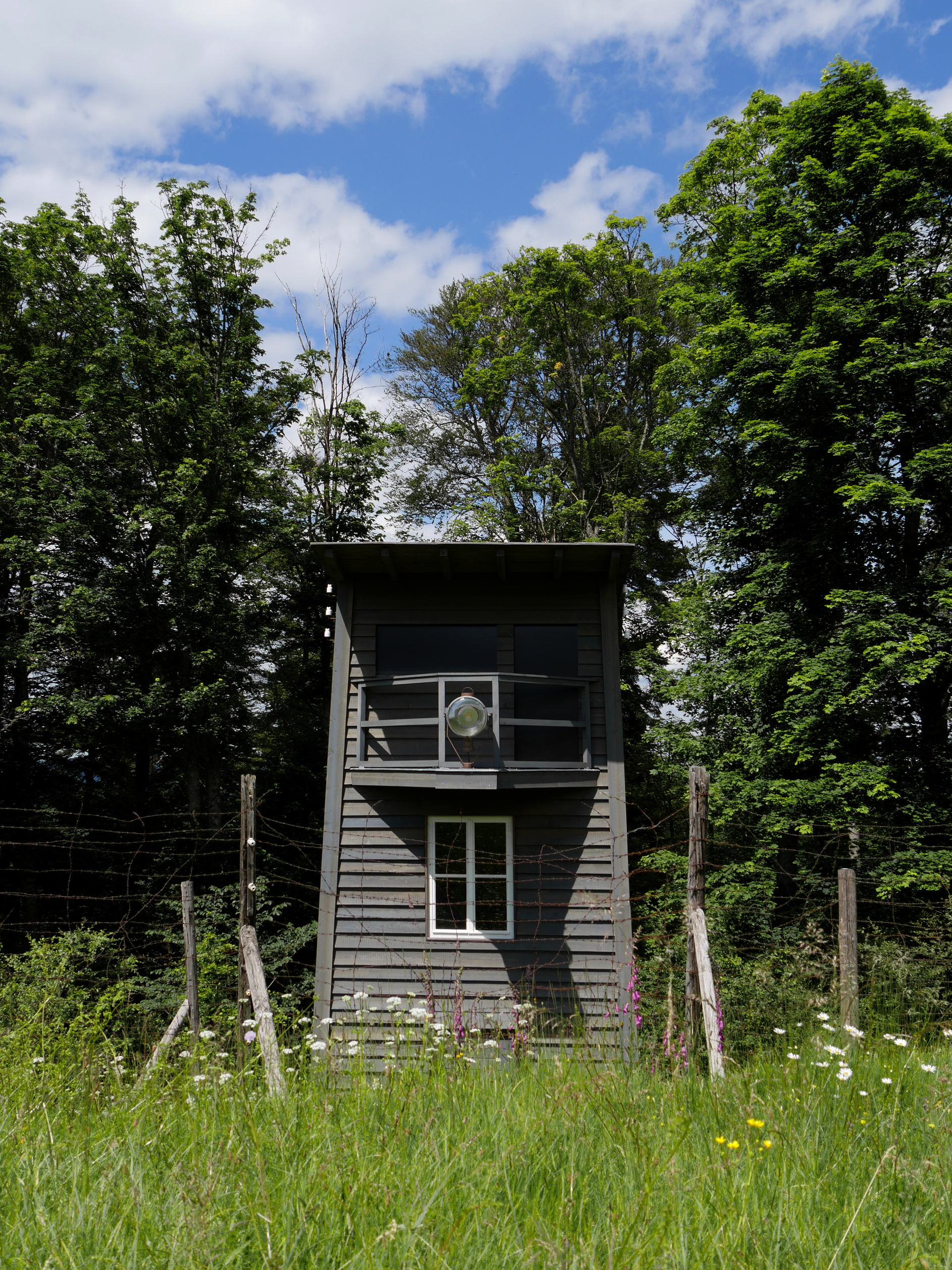
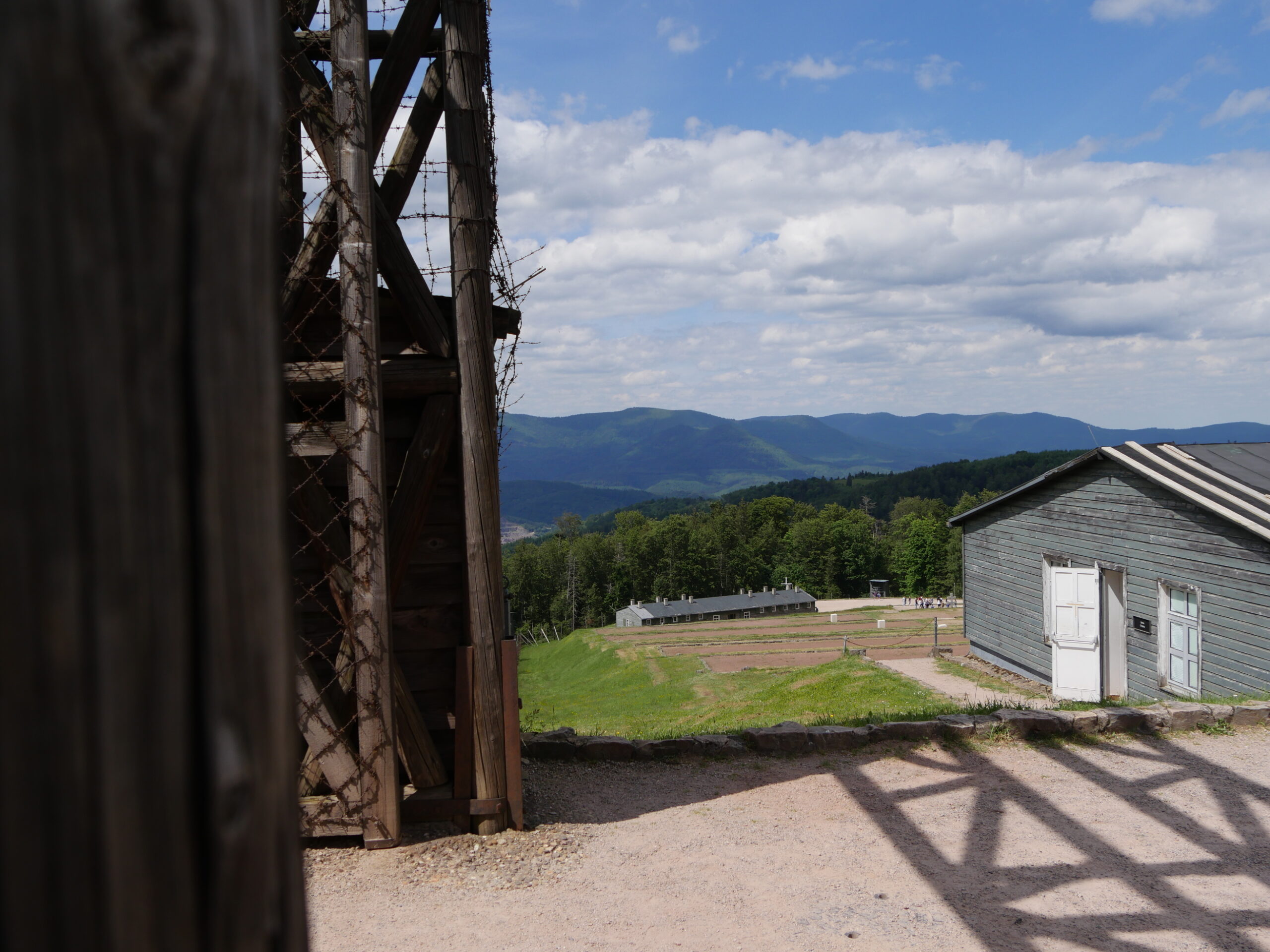
The EHL Site
The Former Natzweiler-Struthof Concentration Camp, located in the Vosges Mountains of eastern France, was once a Nazi concentration camp during World War II. Today, it stands as a poignant reminder of the atrocities committed during this dark period in human history. It has been awarded the European Heritage Label (EHL).
This camp was operational between 1941 to 1944 and was primarily used for the detention of political activists, resistance fighters and prisoners of war from various European countries. It also functioned as a labour camp where prisoners were subjected to inhumane conditions and forced to work in the nearby granite quarry.
European dimension
The Natzweiler-Struthof Concentration Camp holds a significant place in the collective European memory, serving as a symbol of the resilience of the human spirit in the face of unimaginable adversity. It’s a site that transcends national boundaries and tells a story that is intrinsically linked to the history of Europe as a whole.
The camp was composed of more than 50 satellite camps, spread across a large geographical area from the Alsace region in France to Stuttgart in Germany. The diverse backgrounds of the prisoners, coming from all corners of Europe, underline the camp’s European dimension. It serves as a stark reminder of the impact of political extremism and the importance of European unity.
The organization
The preservation and management of the Former Natzweiler-Struthof Concentration Camp is overseen by the National Office for Veterans and Victims of War (ONACVG), an agency under the French Ministry of the Armed Forces. The ONACVG is committed to maintaining the site as a monument to the victims of the Holocaust and a reminder of the atrocities committed during World War II.
The site is open to the public, offering visitors the opportunity to explore the remnants of the concentration camp, including the prisoners’ barracks, the crematorium, and various memorials dedicated to the victims. Alongside this, the ONACVG also provides educational resources and conducts numerous workshops and seminars to educate younger generations about the importance of remembering the past.
